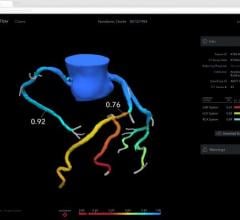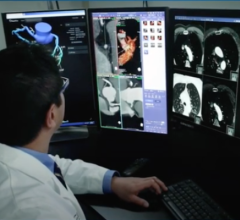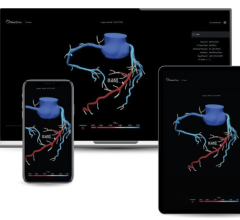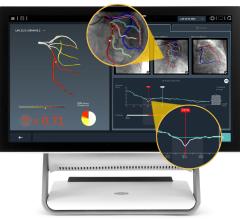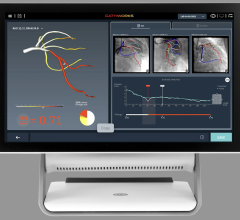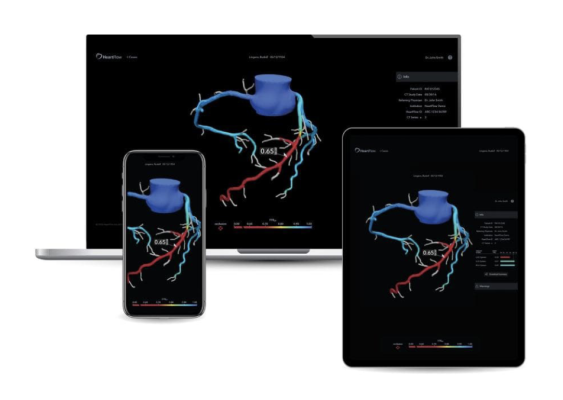
January 23, 2024 — HeartFlow, Inc., a leader in non-invasive artificial intelligence (AI) precision coronary solutions, announced FFRCT was transitioned to a Category I Current Procedural Terminology (CPT) code beginning January 1, 2024.
The new code, designated by The American Medical Association (AMA), supports FFRCT as the standard of care in assessing patients with suspected coronary artery disease (CAD). In the hospital setting, CMS increased payment for the FFRCT service by ~7% for 2024. The new code can be used for hospital outpatient, physician offices, or imaging centers. As part of converting to a Category I code, relative value units (RVUs) have been assigned to FFRCT, which provides payment to physicians for the service.
In response to increased utilization of the HeartFlow FFRCT Analysis service, strong evidence for its clinical value and inclusion in updated practice guidelines, the American College of Cardiology (ACC), American College of Radiology (ACR), and the Society of Cardiovascular Computed Tomography (SCCT) petitioned the AMA for the Category I CPT code, which will replace four existing Category III CPT codes. In addition, the AMA released guidance for appropriate use of the new FFRCT code in the CPT Changes 2024: An Insider's Viewbook which describes the covered service as allowing the physician to1:
- Examine and query the entire model and capture noninvasive estimated coronary FFR values anywhere within the coronary tree
- Evaluate multiple and sequential lesions
- Determine the location of the disease burden and the lesion with most hemodynamic significance allowing for a targeted interventional approach
HeartFlow’s FFRCT Analysis meets the AMA Guidance for the Category 1 code to allow physicians to enable patient care compliantly.
“We appreciate the American Medical Association’s decision to assign FFRCT a Category I CPT code, a decision backed by years of research that highlights the positive impact FFRCT can have on the diagnosis and eventually treatment of patients with coronary artery disease,” said John Farquhar, CEO of HeartFlow. “This recognition emphasizes the value and importance of FFRCT Analysis to help clinicians accurately diagnose CAD in patients. Better reimbursement for hospitals leads to improved accessibility to this technology, which is a win for everyone involved, most notably patients.”
HeartFlow remains dedicated to reshaping cardiovascular care and ensuring that hospitals have access to comprehensive, accurate, and efficient solutions in precision coronary care. HeartFlow’s suite of non-invasive technologies helps clinicians identify stenoses in the coronary arteries (RoadMap Analysis), assess coronary blood flow (FFRCT Analysis), and characterize and quantify coronary atherosclerosis (Plaque Analysis).
For more information: www.heartflow.com


 February 03, 2026
February 03, 2026 

